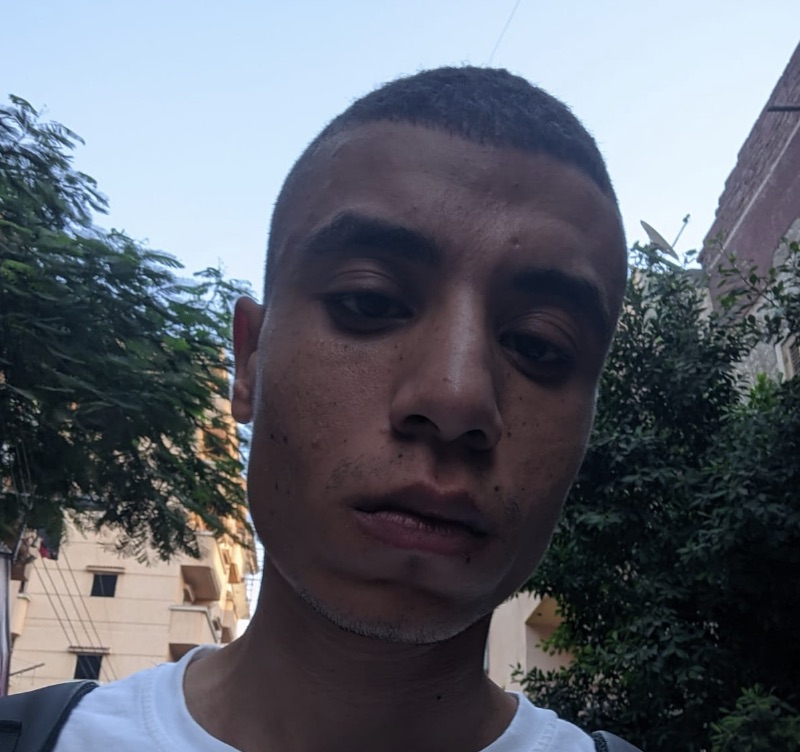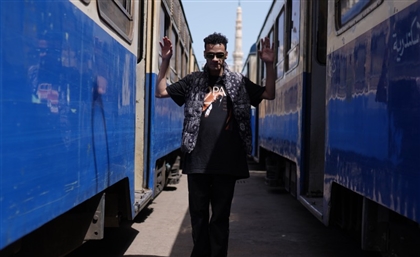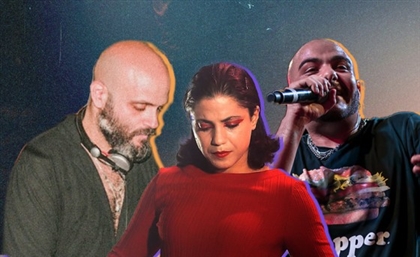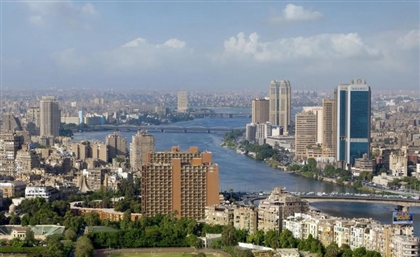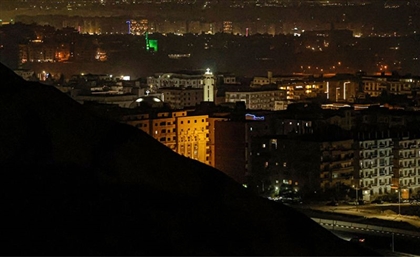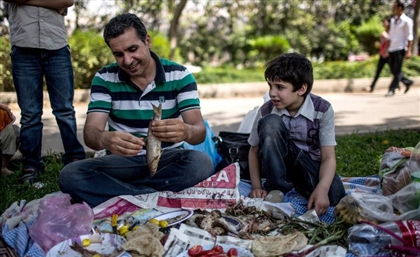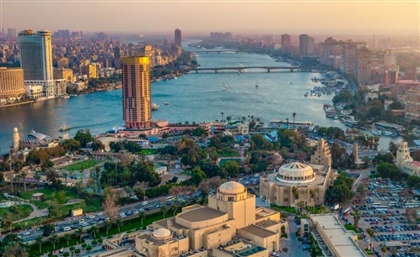In Context: Wegz - From Al Wardiyan to the World
We dissect the career of one Egypt's biggest artists who made the shift from street rapper to bona fide global pop star.
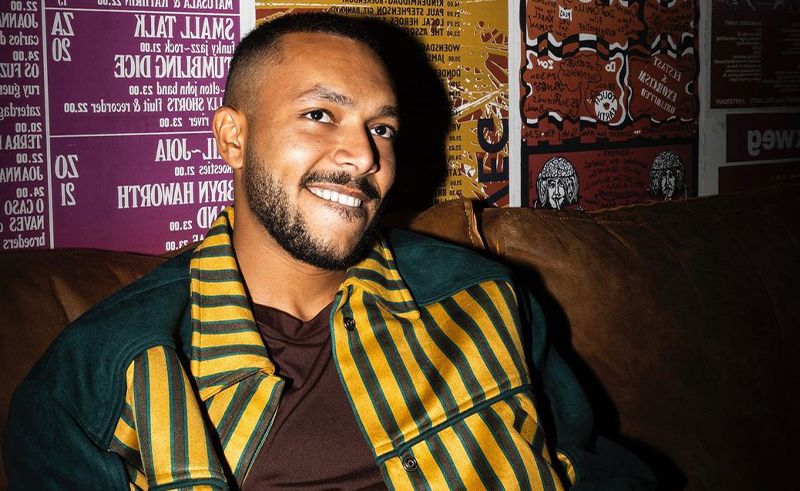
The trajectory of Wegz's career warrants thorough study and analysis. A young man who claimed the rap game as his own, Wegz has gone beyond it to overtake the modern pop sound of Egypt, setting himself in a singular status between rap and mainstream pop. While this sort of position exists in the Western music scene with artists like Drake, Wegz's accomplishment is unprecedented in Egyptian music.
Emerging from the Wardian neighbourhoods on the east side of Alexandria, Wegz fronted a new wave of rappers over the past half decade. This new wave chose a fresh approach to Egyptian and Arabic hip-hop by embracing the trap wave that was taking over the rap industry in the US. While this movement took place in various cities across Egypt, it was spearheaded by a bustling scene that was being formed in Alexandria.
Wegz's breakthrough single, ‘TNT’, was something to behold back then. It only took hearing the opening verse for the first time to acknowledge that we, as hip-hop fans, were witnessing something truly unique and daring. Wegz melodically mumbles his verse to the point of near-unintelligibility, a daring move that could have gone south if not executed in a way that made it sound natural - and yet, Wegz was bold enough to implement it with an understated confidence that was difficult to ignore.After ‘TNT’, Wegz was acknowledged as one of the most exciting rappers in the game, alongside his fellow Alexandrian rapper Marwan Pablo. The two then collaborated on ‘Dayra 3al Masla7a’, which further solidified the perception that we’re upon something that will reshape the scene. ‘Dayra 3al Masla7a’ holds an iconic status today.
Hardcore rap fans would tell you that these were the golden days, and indeed they were. The two rappers presented a truly authentic image of their generation in the scarcely-sourced music video for the track shot by the Alexandrian group ‘Shooters’. The video showed these skinny young men spending a night in an apartment in a middle-class Cairo neighbourhood, smoking hash with a bottle of cheap wine lying on the table. The intro to ‘TNT’ plays in the background, followed by Pablo's comeback single, ‘El Gholaf’, while Wegz plays mind games with his non-smoking friend.
Wegz and his contemporaries charted a different course than many Western rappers. They eschewed the stereotypical cold-blooded gangster persona, the endless bragging about material possessions, and the name-dropping of designer labels. Their narratives resonated deeply with their audience. Even when they incorporated elements of trap music's stereotypical characteristics, it was used to express simple desires like wanting a Gucci shoe or a Porsche ride.
Wegz then went on a streak of releases that established him as the biggest rapper in the game, paying little attention to what would qualify as the aesthetics of the genre. He was unconcerned with what defined rap, which made for a liberating and refreshing approach. The artist then went on to conquer various musical styles, all of which still threaded back to hip-hop. This was evident in his mahragant collaboration with El Sadat on ‘Kharban’, the electro-shaaby beats of ‘Laqta’ and ‘Ali Baba’, and the heavy R&B influence in tracks like ‘Saleeny'’ and ‘Skerty’. He showcased great versatility, displaying his abilities as a unique and skilled songwriter. Wegz has consistently shown a talent for both curating and structuring tracks that appeal to wider audiences, while simultaneously showcasing his impressive rapping skills on songs like ‘Ali Baba’, ‘Bel Salama’, and ‘ATM’.
While Wegz showcased a strong singing talent on tracks like ‘Skerty’ and ‘Matwalesh’, he was also one of the most technically skilled rappers among his peers. His writing style was incredibly authentic and unique; his thick Alexandrian accent, coupled with his selective and clever use of slang words and pop culture references, showcased not only his understanding of the world around him but also his cultivated mind. Whether referencing Franz Kafka in one bar or Rick Ross in another, this uniquely developed persona came across naturally in his music.
At the time when the hip-hop scene was witnessing its greatest era, a lot of competition existed, and everyone was trying to outperform one another. Wegz, however, was a virtuoso of sorts. Even though he didn't release a full-length album, he had a different strategy: a flood of singles (two or three tracks a month) that kept him relevant at all times, without coming at the expense of quality. Tracks like ‘Ali Baba’ and ‘Laqta’ paved the way for the booming trap-shaabi wave pioneered by Wegz and Marwan Pablo, alongside influential producers like Molotof and Wezza Montasser.
This wave of rappers grew from humble beginnings to become the face of big corporate marketing campaigns. Rap was everywhere; you couldn't escape it. It influenced even pop stars and mahraganat artists, reaching a huge audience across all classes in Egypt and achieving gigantic market appeal. You would hear ‘Bel Salama’ or ‘El Gemeza’ in a tuk-tuk or at the club, and it fit naturally in both contexts.
As the hip-hop scene made its way into the mainstream market, large corporations began to see how much influence these young rappers had and how easily they could reach younger audiences. As a result, corporations like Pepsi, valU and WE started recruiting these rappers to be the face of huge marketing campaigns, using the rappers' infectious tracks. This was a significant step in legitimising the rap scene and transforming rappers into celebrities. Molto used the infectious hook from Wegz's hit song ‘Bazet’ in one of their biggest marketing campaigns, which featured Wegz alongside big names in the entertainment industry like Maged El Kedwany and Ahmed Malek.
The release of ‘Dorak Gai’ with Molotof marked a turning point in Wegz's career. The track, in which Wegz threw shade at Mohamed Ramadan, established him as the superstar of his generation. Facing little competition after Pablo's hiatus, Wegz transformed into one of the biggest stars in the country. ‘Dorak Gai’ achieved unprecedented numbers, becoming an anthem during the COVID-19 lockdown. Wegz's career took a different direction after ‘Dorak Gai’; he began to veer away from the aesthetics of hip-hop and trap, embracing his songwriting talents. Singles like ‘El Bakht’ and ‘Amira’ solidified his position as a pop star.
Wegz ventured into acting, taking his skills to the screen with a role in the Netflix series ‘Bimbo’, appearing alongside actors Ahmed Malek and Huda El Moufti. Wegz further expanded his creative output by scoring soundtracks for films and television shows. His music has been featured in prominent films like ‘Voy! Voy! Voy!’ and ‘Captains of Zaatari’.
Meanwhile, Wegz has transcended the boundaries of the rap scene, achieving mainstream success that catapulted him to the top tier of A-list superstars in the MENA region. His career post-2022 boasts a series of remarkable achievements: he topped streaming charts, became the first Arab artist to perform at the World Cup, and embarked on a global tour with concert giants Live Nation.
Wegz's decision to move beyond the confines of rap appears to be a well-considered one. He clearly aspires to be more than just a rapper, aiming for greater artistic impact. Several factors can be attributed to his success: his dynamic and adaptable personality, his sound decision-making, and his strategic collaborations and his partnership with TMTM management played a pivotal role in propelling him toward global recognition.
- Previous Article 256,000 Tonnes of Garbage Removed From the Streets During Eid
- Next Article Power Cuts to Resume Across Egypt Starting April 15th



